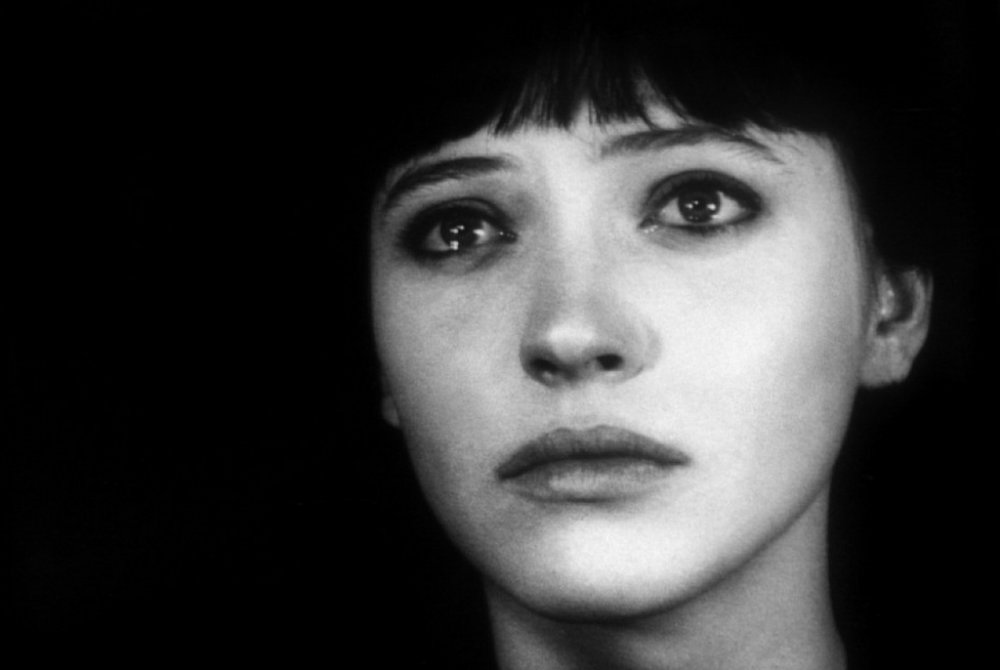Has Gucci just become thirsty af, or (less credibly) am I not cool?
The other day a thought occurred to me that might have been much more useful when I was 16: being ‘cool’ is a catch-22. (Cool is in inverted commas to denote the degree to which it’s subjective. I’ll drop the extra grammar from here on in, but let’s pretend we all mean kind of the same thing when we use that word.)
It goes like this: trying to be cool is inherently uncool, so you can’t try to be cool and succeed. That means your only avenue to coolness is in not trying to be cool. But if you’re trying to be cool by not trying to be cool, you’re also being uncool. Like an image protruding from a 3-D movie, deliberate cool will always be just out of reach.
Which brings me to Gucci. I was watching their new ad this morning:
I like it. It’s charming and self-deprecating, and, on the face of it, sort-of not trying to be cool by being deliberately cheesy. But my more fundamental reaction is that it’s kind of uncool that Gucci has to make a TV ad at all.
When I was at college, Gucci was in the throes of its Tom Ford renaissance and managed, with no apparent effort, to be the answer to Andre 3000’s question, ‘What’s cooler than being cool?’

I know 1994 was a very different time with very different values, and we’re now in some egalitarian everyone-is-great-no-matter-what-you-wear-or-look-like vibe, but that was mid-nineties cool. The ads didn’t so much advertise as challenge you to be worthy of the depicted scene. The clothes might get you some of the way there, but you’ll never quite manage it the rest of the journey.
I think its coolness managed to transcend advertising, because advertising in inherently uncool. No matter what it looks like it’s saying, it’s actually saying, ‘Coooie! You over there! Come and have a look at me! Like me! Please like me! Go on!’. By spending millions and taking a long time to create them, companies who advertise are clearly making a massive effort to seem appealing, and that, as the kids say, is thirsty af.
For most brands, who are not trying to be cool, but are happily shouting ‘Come and look at me!’ at anyone who might be passing, this is not a problem, but for any brand trying to be cool, it’s a tricky one.
And the category with the largest number of brands trying to be cool is of course fashion. Which is why so many clothing brands try to look as if they’re not really trying to sell you anything, either by just showing the clothes, or by going so far in the ‘bothered?’ direction that they don’t even do that:
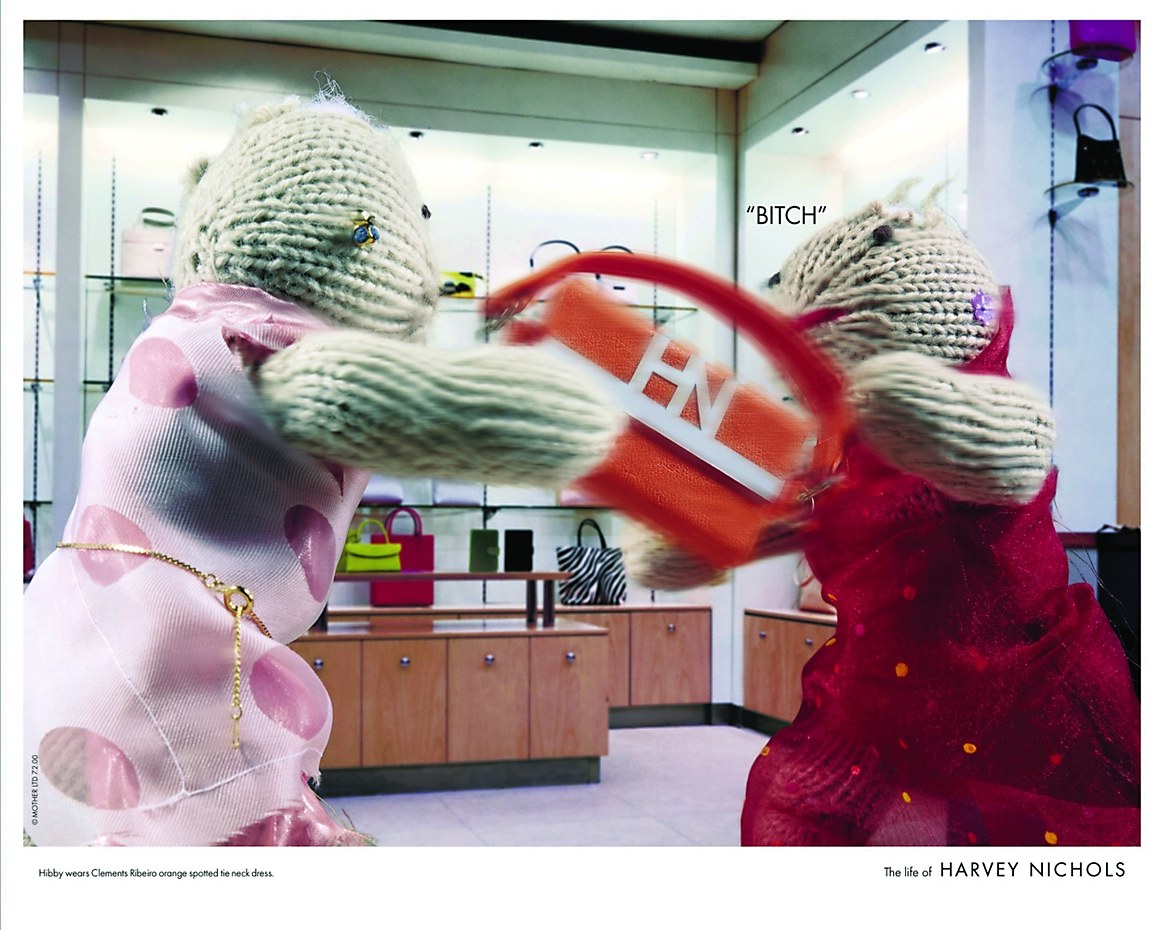
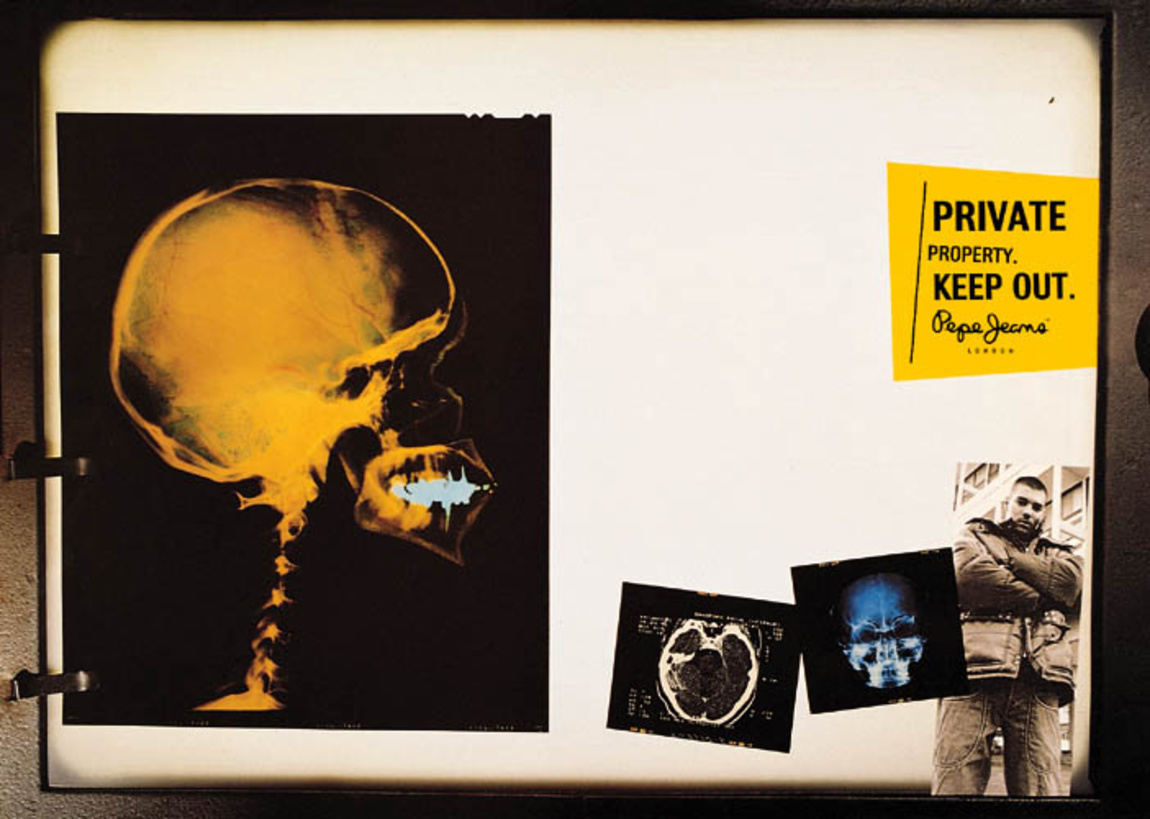
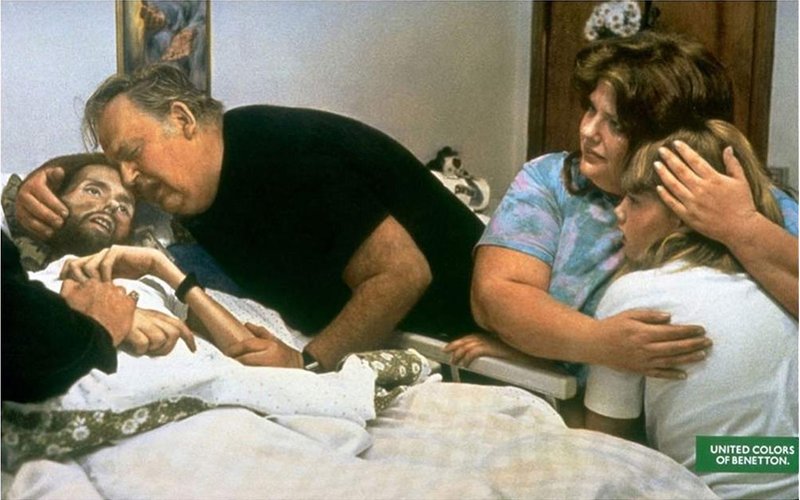
In Gucci’s case, the Tom Ford ads take the same amount of effort as the new one, but then they just let you know the clothes exist and nothing more. The extra dancing, music and funny old man in the background of the latest one are trying much harder to be liked.
So what does that say about Gucci as a brand? Only last year they commissioned Martin Parr to shoot their campaign, and even though it was less glam than 1995, the images are still infused with a massive amount of ‘we couldn’t care less if you like us or not’:


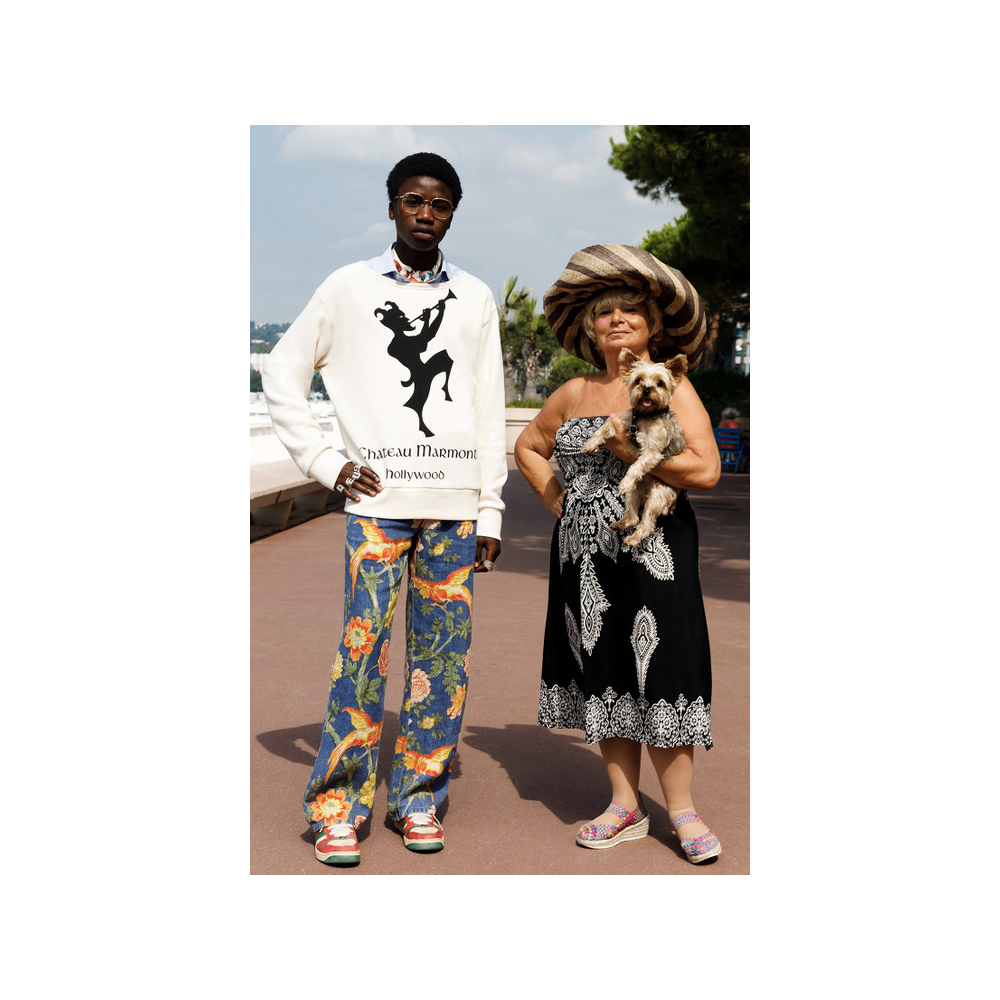
So has Gucci deliberately changed its brand tone? Is it ahead of its time? Have they managed to unlock a new level of cool uncool uncoolcool cool uncool coolification that’s beyond my perception?
No idea, but as I’m writing this in an old Fleetwood Mac T-shirt, I might not be the right person to ask.
Sorry.



